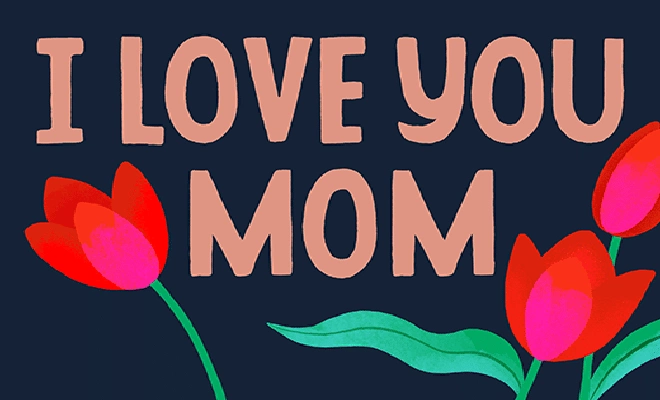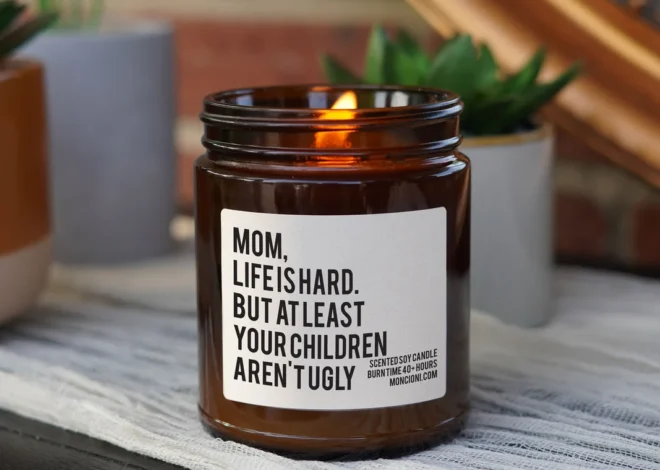Treatment for Bipolar Disorder in Children
Once considered a disease that affected adults only, bipolar disorder is now seen in children as young as 6 years. Around 7 percent of children seen at psychiatric hospitals in the United States can be classified as having bipolar disorder, according to the National Alliance of Mental Illness. If your child is diagnosed with the condition, there are several treatment options to help both you and him cope with the illness.
Diagnosing Bipolar Disorder in Children
Diagnosing bipolar disorder can prove tricky, and a proper diagnosis is necessary for proper treatment to begin. Your child may seem totally fine during the doctor’s visit, so it is recommended that you schedule at least two appointments to get the most comprehensive examination. The doctor should ask your child about his mood and the way he sleeps. You should provide a complete medical history as well to rule out any other conditions. While no tests will confirm the disorder, the doctor may order blood tests to confirm that symptoms are not caused by anything else.
Medications
While a range of medications are available to treat bipolar disorder, they may not all be appropriate for younger children. Lithium is a mood stabilizer that has been used to treat the disorder for years. It is approved for use in children as young as age 12, according to NAMI. Some children see improvement in symptoms when they take anti-convulsant medicines, although many times, the prescription of these medicines for children is not FDA-approved. Children may also benefit from anti-psychotic medications.
Therapy
In addition to medicine, therapy is an important treatment option for children with bipolar disorder and their families. Working with a therapist, children can learn to cope with their symptoms or learn to change their behavior or routines to reduce their symptoms. They can also learn to interact with family members and friends in healthful ways.
Risks and Concerns
Medical treatments for bipolar disorder are not without side effects or other risks. Lithium can cause weight gain and can also damage a child’s thyroid or kidneys. Antipsychotics can also lead to weight gain. Weight gain can put children at risk for conditions such as diabetes. Some antidepressants may lead to thoughts of suicide in children. If your child shows any side effects while on the medicine, alert your doctor right away.
Coping With Bipolar Disorder
It may take a few tries before your doctor comes up with the right treatment option for your child, as not all medicines work on everyone. Be patient and keep track of your child’s symptoms on each dose and type of medication. Be patient with your child as well and try not to be frustrated when she has an episode or if the medication doesn’t seem to be working. You may also consider joining a support group with other parents of children with bipolar disorder.




